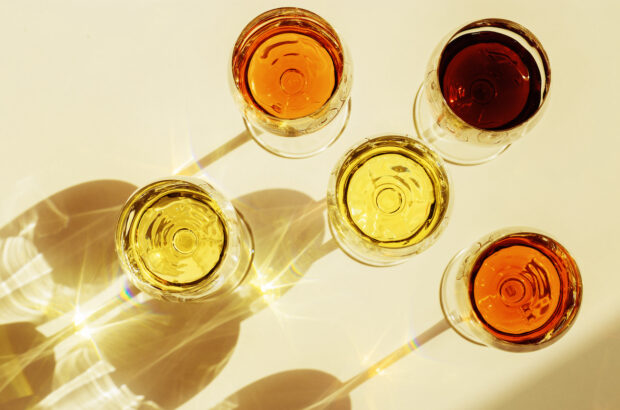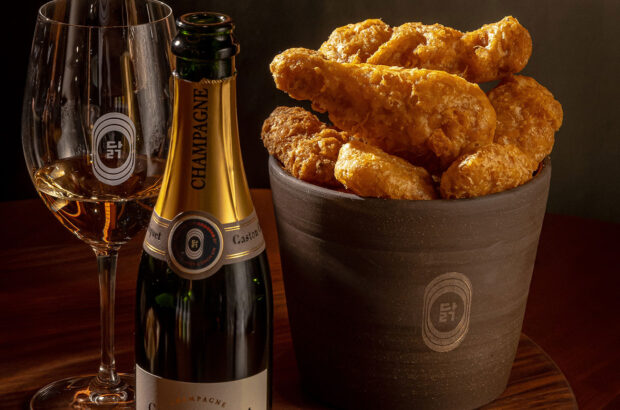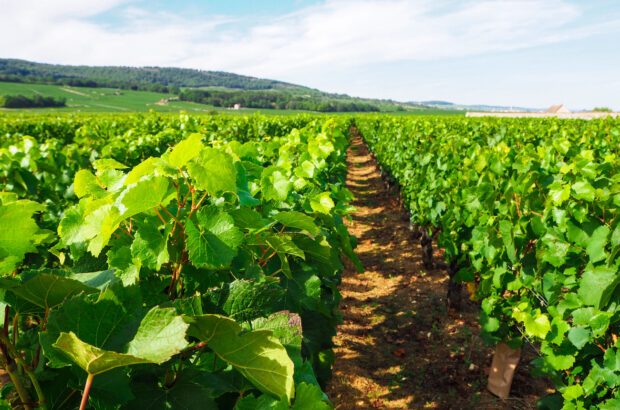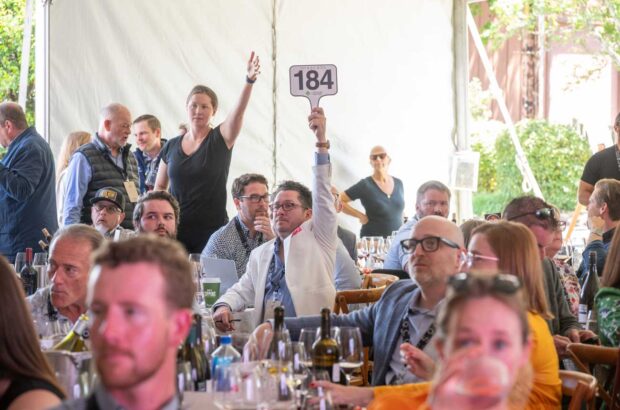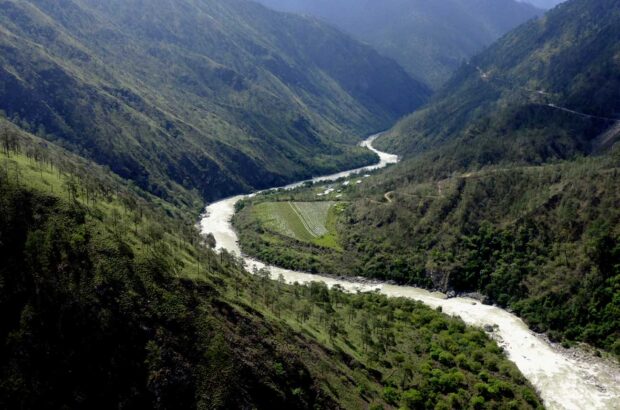Dr José Vouillamoz is a world-leading authority on the origin and parentage of grape varieties through DNA profiling. He is the co-author, with Jancis Robinson MW and Julia Harding MW, of Wine Grapes (Penguin Books, 2012), the reference book on all known grape varieties. He is now director at DIVO, a Swiss wine club, and is still active as a wine educator, lecturer and consultant.
How does a Swiss biology student become the world-leading authority on grape genetics?
I grew up being told that the best wine in the world was the one made in the village. When I went to university to study biology I was exposed to wines from other countries, especially Italy, France and Spain – I felt like I would never understand all that fascinating diversity and complexity. After finishing my Master’s in biology, I started a PhD in plant genetics. But I was becoming more passionate about wine and, at the end of my PhD, decided to combine my knowledge of DNA profiling with that passion. In 2001, I got a grant from the Swiss government for postdoctoral research in California on DNA profiling of Swiss grapes. And my life changed.
This was at UC Davis?
Yes, with Professor Carole Meredith, who was fantastic. She retired in 2003, right after my postdoc, and moved to Mt Veeder to make wine. At the time Jancis [Robinson MW] was preparing a revision of the The Oxford Companion to Wine and reached out to Professor Meredith for help with the grape entries. Carole said she couldn’t do it as she was super-busy with her winery. ‘But there’s this Swiss guy who is very passionate about all the grapes in the world.’ I was then in Italy doing a second postdoc. When I first received Jancis’ email I thought it was spam!
But you’re now doing something quite different…
Yes, my main job is now with DIVO, a wine club in Switzerland, selecting the wines that are sent to members. Most are from small family wineries, very often from indigenous varieties. But I’m applying everything I’ve learned in this job. And I still do some DNA profiling once in a while.
What’s the best thing about your job?
Finding gems made by small producers who are passionate about what they do, that other people do not know about. That’s very exciting.
How many grapes have you tasted?
A while ago I picked up Wine Grapes (see above), ticked the names and got to about 600. So maybe around 700 today.
Any recent highlights?
Areni from Armenia: excellent. And from Greece, the Muses Estate Mouhtaro, which was the wine of the night at a dinner with friends, tasted blind alongside some famous bottles! Finally, the Completer grape, grown only on about 8ha in southeastern Switzerland – in October I organised a 700th anniversary tasting of it at Schloss Reichenau, in Graubünden, the variety’s birthplace.
What is your go-to wine?
I like to drink wines that represent the person who made them and the terroir they come from. It doesn’t need to be expensive or famous, though it must have its own personality. Otherwise, there’s no point drinking it.
Do you have a wine that you often recommend or gift?
I usually gift a Swiss wine – invariably Petite Arvine. It’s a white with a strong personality, from the region where I live. It’s very aromatic, powerful, and very acidic. It will always inspire a reaction.



